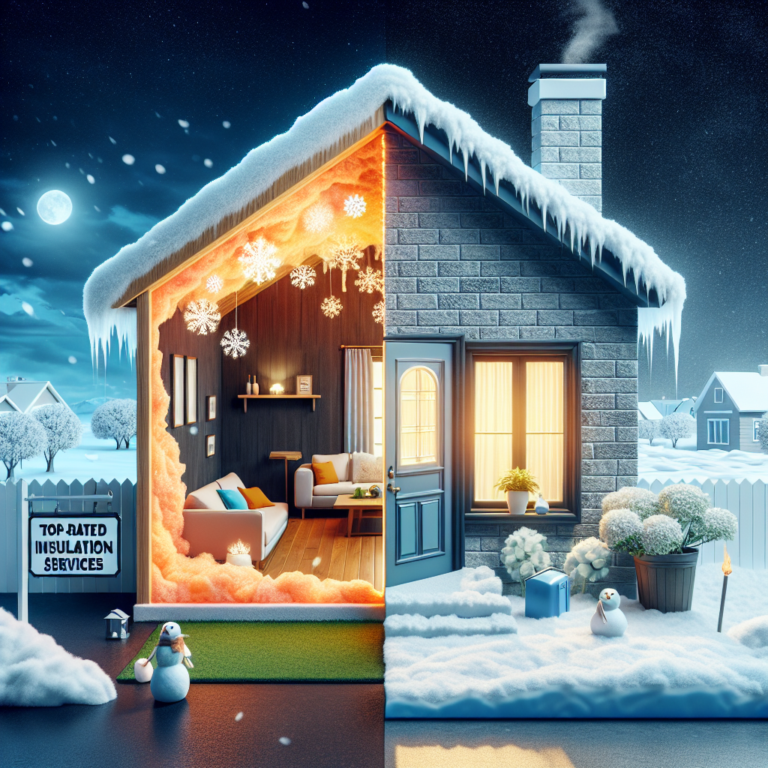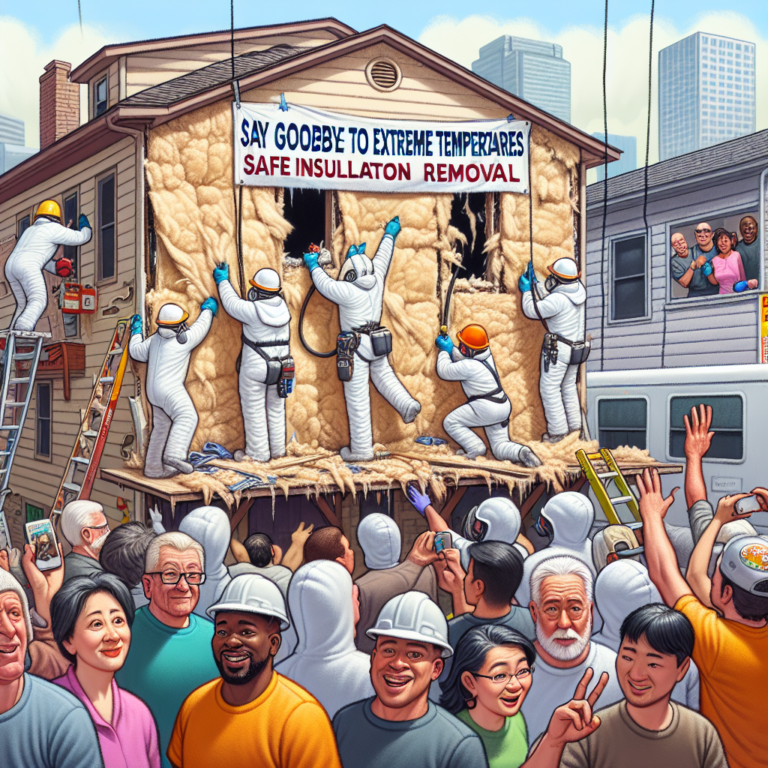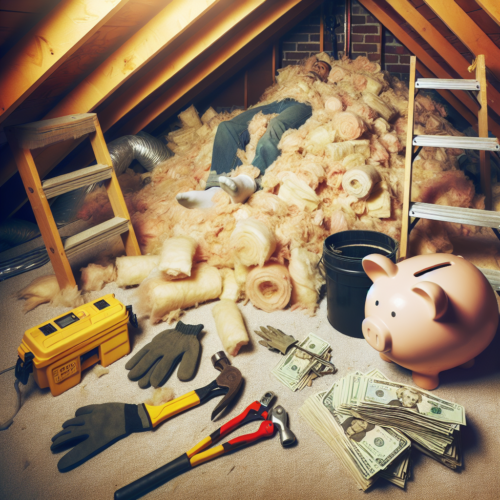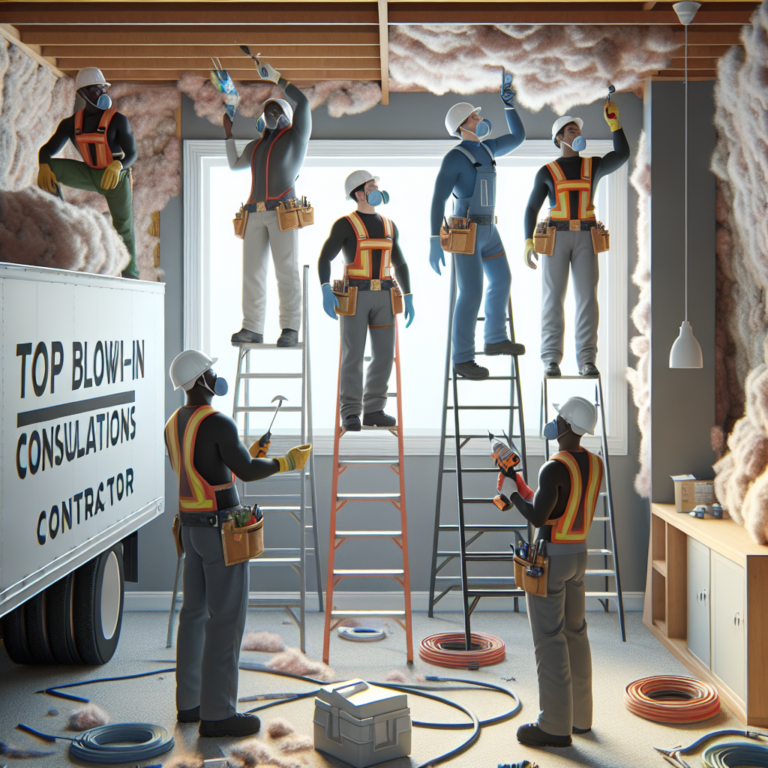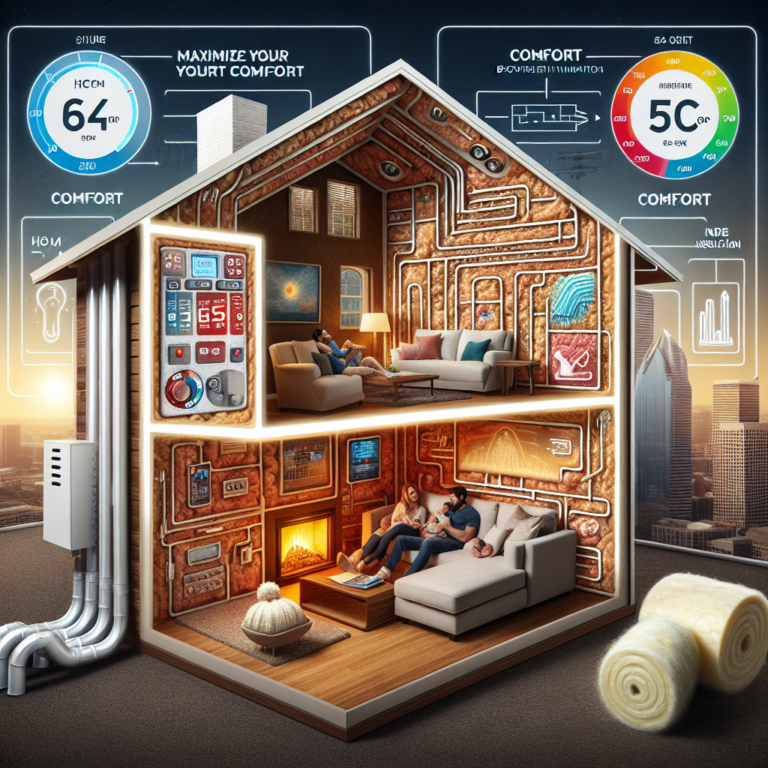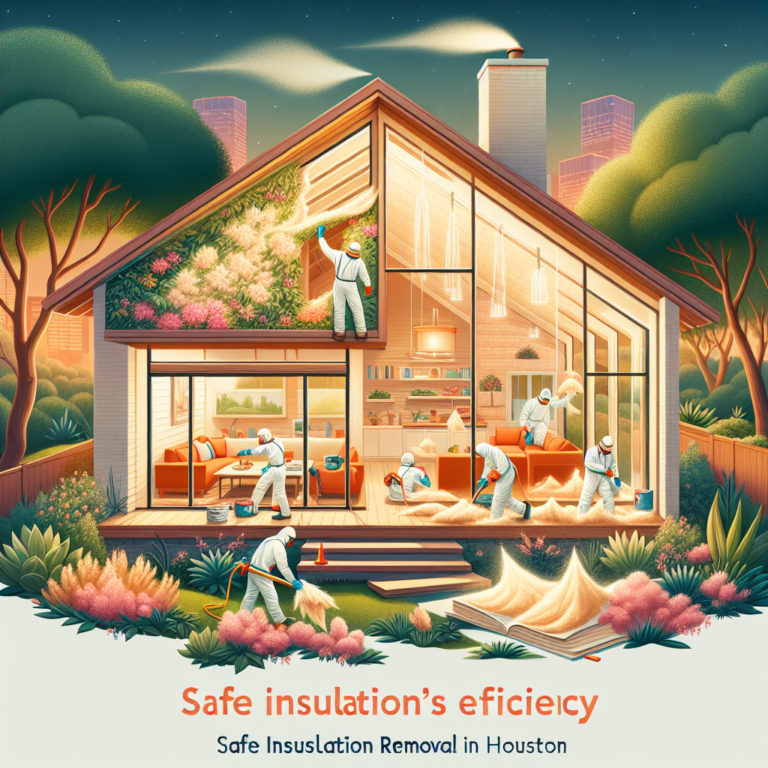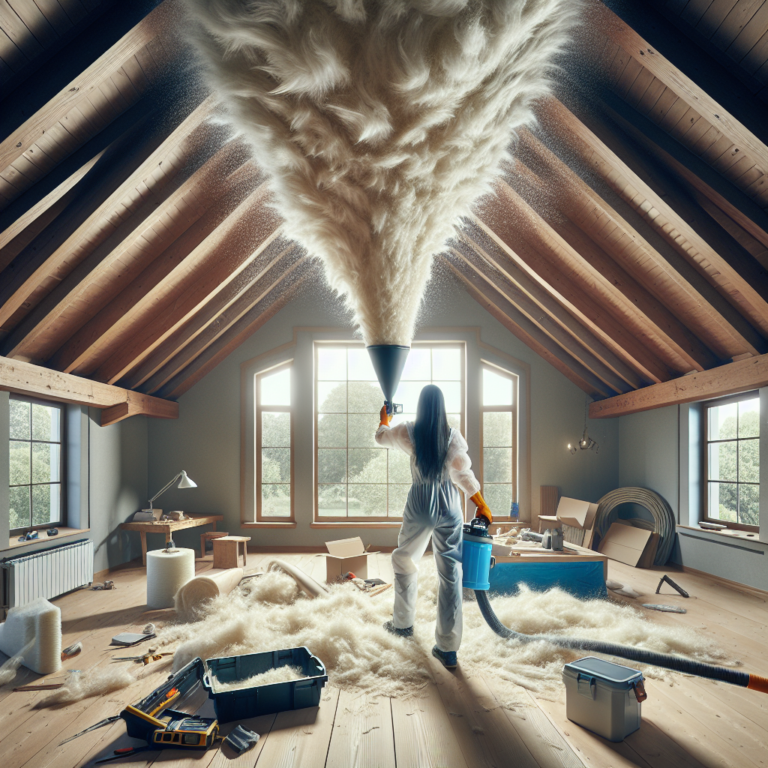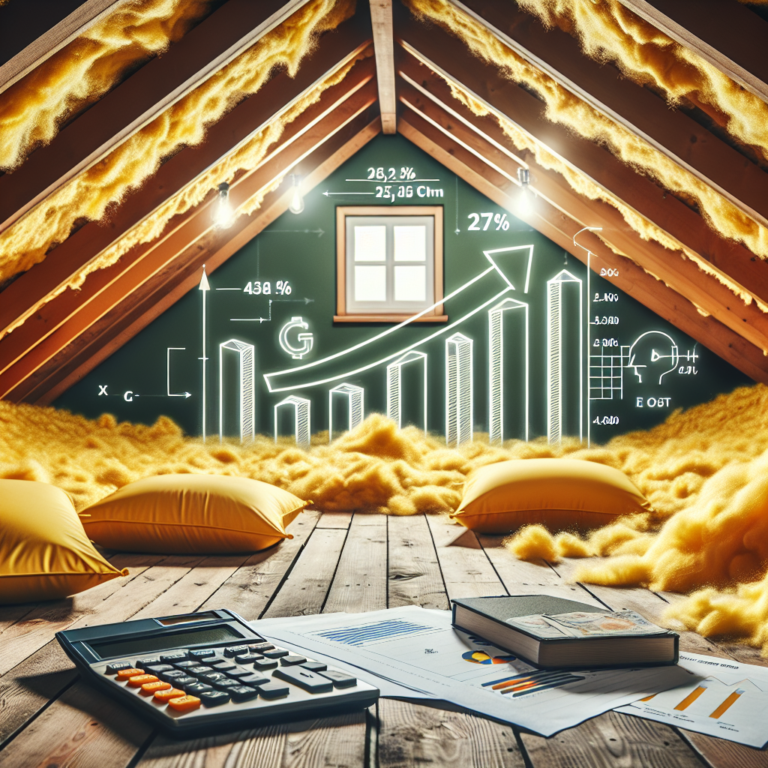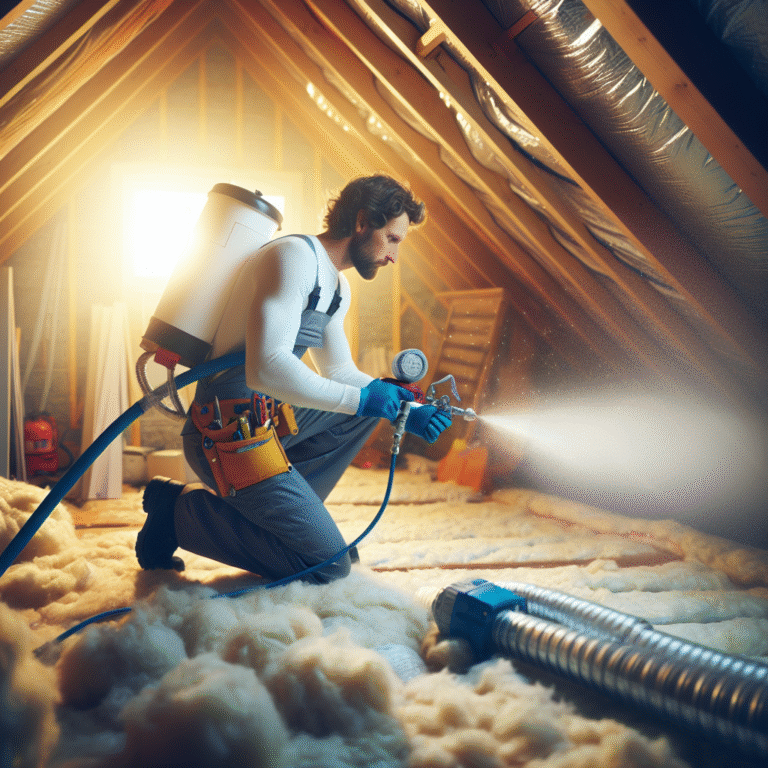Protect Your HVAC System: The Importance of Sugar Land Insulation Services
Introduction
Proper insulation is the unsung hero of an efficient, long-lasting HVAC system. In Sugar Land’s hot summers and occasional cold snaps, keeping your home’s temperature steady requires more than just a high-quality air conditioner or furnace—it demands comprehensive protection against heat gain and loss. Sugar Land Insulation Services provide the thermal barrier your home needs, helping you save on energy bills, prevent costly breakdowns, and maintain healthier indoor air year-round. Read on to discover why upgrading your insulation is one of the smartest investments for your HVAC system, your wallet, and your family’s comfort.
H2: Why Sugar Land Insulation Services Matter for Your HVAC Efficiency
• Reduced energy consumption: Insulation acts as a barrier between indoor living spaces and the Texas heat or chill outside. With properly installed insulation in attics, walls, and crawl spaces, your HVAC system doesn’t have to work overtime to maintain your desired temperature.
• Lower utility bills: When heat transfer is minimized, heating and cooling costs drop significantly—often by 10–30%. That adds up to real savings month after month.
• Balanced indoor temperatures: Uneven hot and cold spots disappear when your home is fully insulated, creating a more comfortable environment and less strain on HVAC components.
H2: Preventing Repairs and Extending Your HVAC System’s Lifespan
• Less wear and tear: An overworked HVAC unit wears out faster. Proper insulation ensures your system runs efficiently, reducing on/off cycling and mechanical stress.
• Fewer breakdowns: By eliminating drafts and sealing gaps, insulation prevents sudden temperature swings that force your HVAC system into high-demand cycles—often the culprit behind unexpected failures.
• Moisture control: Insulation helps manage humidity and condensation. Without it, moisture buildup can corrode coils, clog filters, and promote mold growth inside ductwork, leading to expensive repairs and health hazards.
H2: How Proper Insulation Improves Indoor Air Quality and Comfort
• Allergen reduction: Air leaks around poorly insulated areas invite pollen, dust, insects, and outdoor pollutants into your home. Sealed insulation blocks these intruders, improving air quality for allergy sufferers and asthmatics.
• Mold and mildew prevention: By controlling humidity levels and condensation, insulation keeps mold-friendly moisture at bay—protecting both your family’s health and your HVAC system’s components.
• Noise reduction: A well-insulated home is quieter. Insulation dampens external noises (traffic, neighbors) and internal sounds (airflow, equipment hum), enhancing overall comfort.
H2: Choosing the Right Sugar Land Insulation Services for Your Home
• Identify your needs: Conduct an energy audit or hire a professional to assess existing insulation levels, air leaks, and moisture issues.
• Select the best materials: Common options include fiberglass batts, blown-in cellulose, and spray foam. Fiberglass is cost-effective; cellulose is eco-friendly; spray foam offers the best air seal.
• Professional installation vs. DIY: While DIY kits exist, only licensed insulation contractors have the training, tools, and safety equipment to ensure complete coverage and compliance with local building codes.
• Don’t forget duct insulation: Insulating ductwork in unconditioned spaces prevents thermal losses and maintains cleaner air as it travels through your home.
H2: Common Questions About Sugar Land Insulation Services
1. How do I know if my home needs new insulation?
Signs include high energy bills, uneven temperatures, drafts, or visible gaps in attic and wall insulation. An energy audit can pinpoint deficiencies.
2. Will adding insulation really lower my HVAC repair costs?
Yes. By reducing the load on your system and preventing moisture-related damage, proper insulation can significantly decrease both repair frequency and maintenance expenses.
3. What’s the best time to upgrade insulation in Sugar Land?
Spring and fall offer mild weather that makes installation easier and prevents additional strain on HVAC systems during peak cooling or heating seasons.
Conclusion
Investing in Sugar Land Insulation Services is essential for protecting your HVAC system, improving indoor comfort, and cutting energy costs. By sealing gaps, controlling moisture, and reducing thermal transfer, the right insulation keeps your HVAC equipment running smoothly, extends its lifespan, and safeguards your family’s health. Don’t wait for soaring utility bills or an unexpected system failure—reach out to Texas Insulation Solution today at texasinsulationsolution.com to schedule an energy audit and start enjoying a more efficient, comfortable home.


